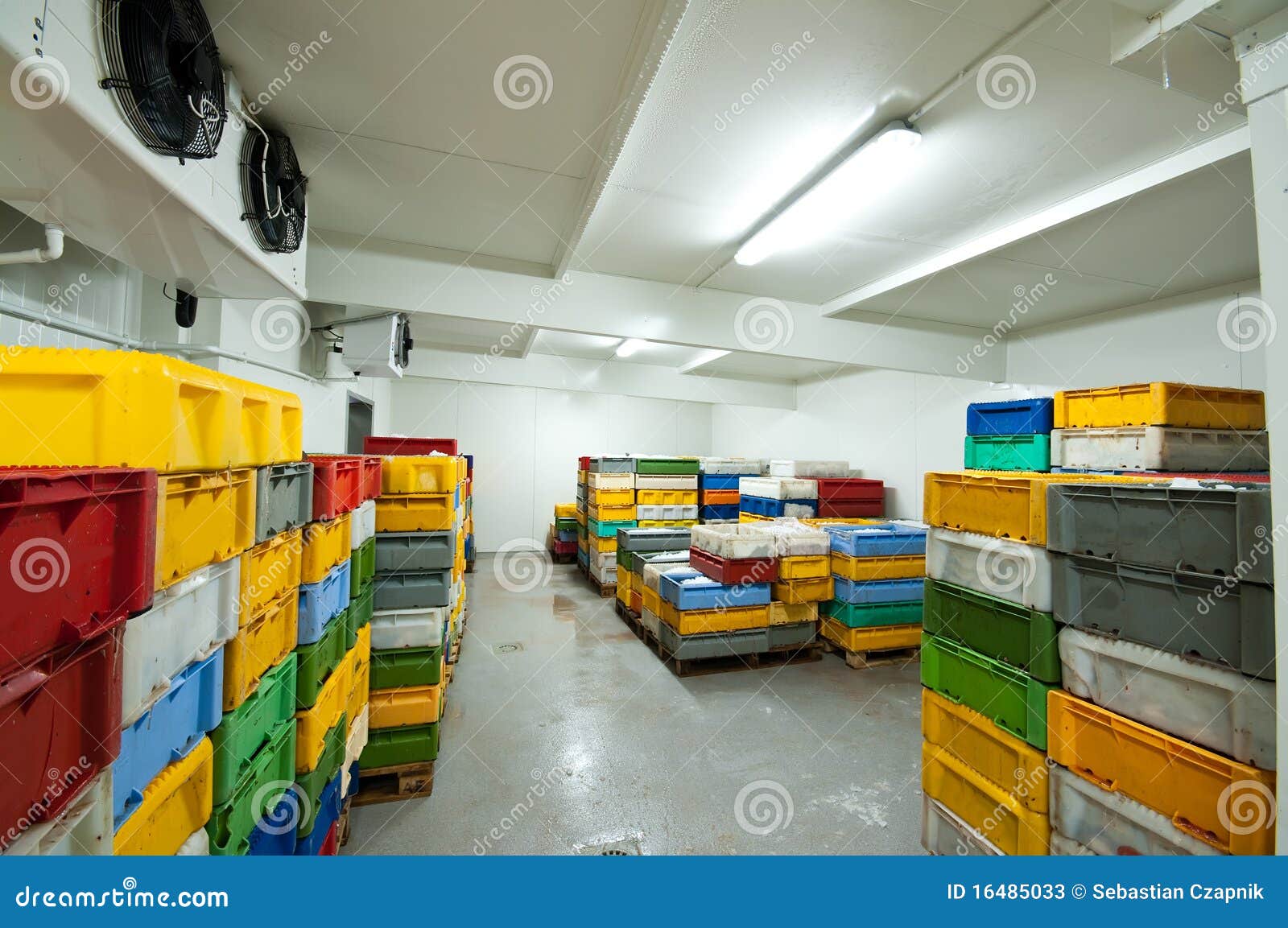

After harvest, apples are usually subjected to cold storage for up to 12 months in controlled atmosphere (CA) refrigerated storage. monocytogenes contamination of apples and the importance of controlling L. These outbreaks and recalls highlight the risk of L. monocytogenes has been implicated in two multistate caramel apple outbreaks ( Angelo et al., 2017 Marus et al., 2019) and multiple recalls of several fresh apple varieties ( FDA, 2017, 2019) and fresh-cut apples ( FDA, 2016, 2020b). monocytogenes during production or subsequent postharvest packing ( Angelo et al., 2017). Apples are grown in an open environment and can therefore be subject to L. The Food and Drug Administration enforces a zero tolerance for apples and other ready-to-eat foods ( Shank et al., 1996 FDA, 2008). monocytogenes is widespread in agricultural environments. Listeria monocytogenes can cause deadly listeriosis in susceptible human populations and has a high mortality rate ( CDC, 2017). In summary, the application of continuous low-dose gaseous ozone has the potential to control Listeria on Red Delicious apples without negatively influencing apple quality attributes. During the 36-week CA storage, low-dose continuous gaseous ozone application significantly retarded the growth of yeast/mold, delayed apple firmness loss, and had no negative influence on ozone burn, lenticel decay, russet, CO 2 damage, superficial scald, and soft scald of Red Delicious apples compared to CA-alone storage. innocua compared to RA and CA storage alone. Ozone gas application caused an additional > 3 log 10 CFU/apple reduction of L. The 36 weeks of refrigerated air (RA) or CA storage caused ∼2.2 log 10 CFU/apple reduction of L. Uninoculated Red Delicious apples subjected to the above storage conditions were used for yeast/mold counts and quality attributes evaluation. innocua cocktail at ∼6.2 log 10 CFU/apple, treated with or without 1-methylcyclopropene, and then subjected to controlled atmosphere (CA) storage with or without continuous gaseous ozone in a commercial facility for 36 weeks. Red Delicious apples were inoculated with a three-strain L.

This study aimed to investigate the effects of low-dose continuous ozone gas in controlling Listeria innocua and quality attributes and disorders of Red Delicious apples during long-term commercial cold storage. 3Stemilt Growers LLC., Wenatchee, WA, United States.2Washington Tree Fruit Research Commission, Wenatchee, WA, United States.1School of Food Science, Washington State University, Pullman, WA, United States.

Xiaoye Shen 1, Yuan Su 1, Zi Hua 1, Lina Sheng 1, Manoella Mendoza 2, Yang He 1, Tonia Green 1, Ines Hanrahan 2, Rob Blakey 3 and Mei-Jun Zhu 1*


 0 kommentar(er)
0 kommentar(er)
